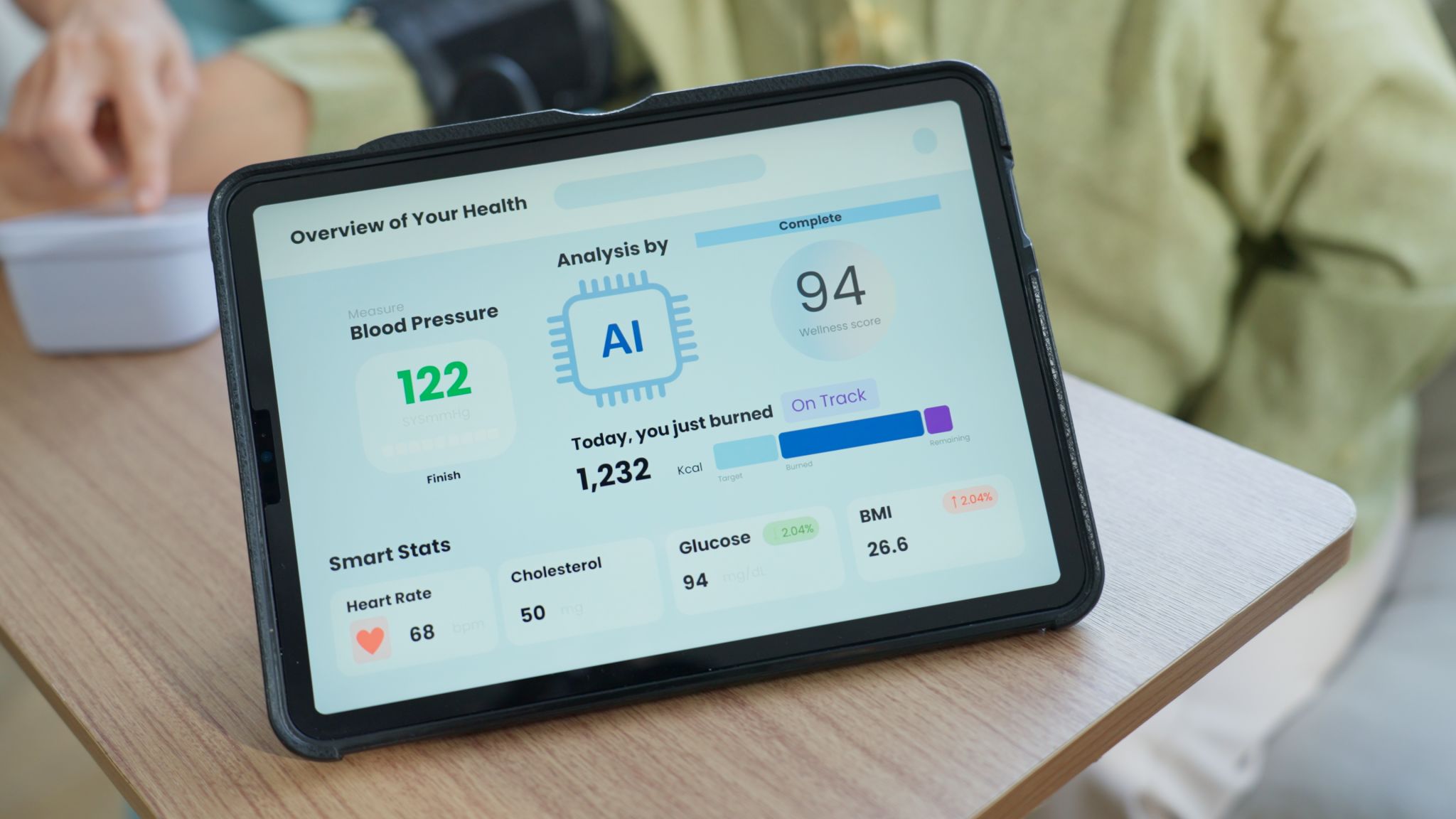Overcoming Challenges in Patient Care Management: Expert Tips
Understanding the Complexities of Patient Care Management
Patient care management is a multifaceted process that involves coordinating various aspects of healthcare to ensure optimal outcomes for patients. It requires seamless collaboration among healthcare providers, patients, and their families. However, this process is not without its challenges. From managing complex medical conditions to addressing diverse patient needs, healthcare professionals often face numerous obstacles in delivering effective care.
One of the primary challenges in patient care management is ensuring continuity of care. As patients transition between different healthcare settings, maintaining consistent and effective communication becomes crucial. This ensures that all parties involved are well-informed about the patient's treatment plan and any changes that may arise.

Effective Communication Strategies
Effective communication is the cornerstone of successful patient care management. It involves more than just exchanging information; it requires active listening, empathy, and the ability to convey complex medical information in a way that patients and their families can understand. Healthcare providers must prioritize clear and open communication to build trust and foster strong patient relationships.
To overcome communication barriers, healthcare teams can implement various strategies. These include using visual aids during consultations, employing translation services for non-English speaking patients, and utilizing digital tools like patient portals to facilitate easy access to information.

Embracing Technology for Improved Care
Incorporating technology into patient care management can significantly enhance efficiency and accuracy. Electronic Health Records (EHRs) are a valuable tool that allows healthcare providers to access comprehensive patient information quickly. This facilitates informed decision-making and reduces the risk of medical errors.
Moreover, telemedicine has emerged as a game-changer in patient care management. It provides patients with access to healthcare services remotely, making it easier for those with mobility issues or residing in remote areas to receive timely medical attention.

Personalizing Patient Care
Every patient is unique, with individualized needs and preferences. Personalizing patient care involves tailoring treatment plans to align with these specific requirements, which can significantly improve patient satisfaction and outcomes. Healthcare providers must take the time to understand each patient's medical history, lifestyle, and personal goals.
By adopting a patient-centered approach, healthcare teams can ensure that patients feel valued and involved in their care decisions. This can lead to increased adherence to treatment plans and better overall health outcomes.

Navigating Financial Challenges
Financial constraints are a significant challenge in patient care management. Patients may face difficulties affording necessary treatments or medications, which can impede their recovery process. Healthcare providers can assist by helping patients explore various financial assistance programs or insurance options that may be available to them.
Additionally, transparent communication about costs and potential financial burdens can help patients make informed decisions about their care and prevent unexpected expenses from impacting their treatment plans.
Conclusion: Moving Forward with Confidence
Despite the challenges in patient care management, healthcare professionals can implement effective strategies to overcome these obstacles. By prioritizing effective communication, embracing technology, personalizing care, and addressing financial barriers, healthcare teams can ensure that patients receive the highest quality of care possible.
Ultimately, overcoming these challenges requires a collective effort from all parties involved in the healthcare process. With dedication and innovation, patient care management can continue to evolve and improve, leading to healthier outcomes for all.
